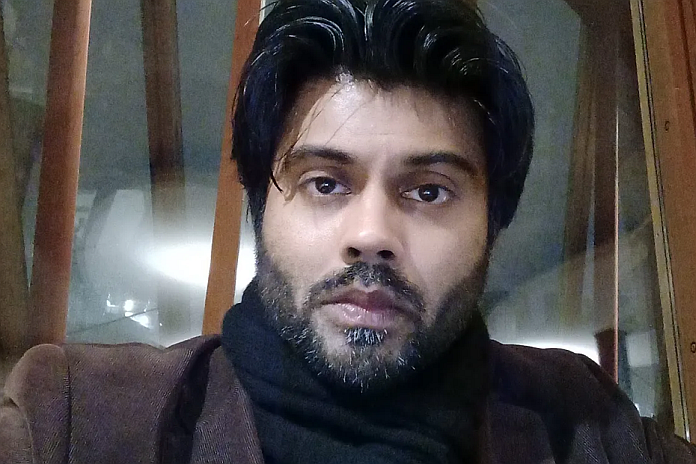Over one month into the Russian invasion of Ukraine and we are none the wiser as to how the new global order will evolve. There have been snippets of what it could look like, as we try to balance power and diplomacy in equal measure, however, a clearer picture has emerged, painting the West as weak and incompetent in the face of Russian aggression.
Yes, the West (the US, NATO and EU ) have imposed sweeping sanctions destined to cripple the Russian economy, however, it will be China’s influence that will ultimately dictate the trajectory of this conflict and thereby cementing its place at the center of a new post covid world order, of which Latin America will play an important part.
COVID-19 exposed the world to a massive anti-Chinese sentiment, to which President Xi Jinping responded with tactile silence, speaking volumes about the unfolding of events that have played out before our very own eyes. The global community expressed horror and shock when Putin launched attacks on Ukraine but sat back unperturbed at the heinous crimes committed by Russia in Grozny in 1999-2000 and Aleppo in 2016.
Those on the Asian subcontinent view today’s aggressions as a result of years of apathy by the West, leaving Putin to do pretty much as he likes. President Xi Jinping knew that arbitrary red lines drawn by former president Barack Obama represented a residual fear the West has towards Russian nuclear ambitions and capabilities, and it’s that currency of fear that president Xi Jinping can use to negotiate China’s new global footprint, leaving the West very little wriggle room.
Around Latin America and the Caribbean, the likes of China, Russia and Iran have all been vying for a presence and this has gained momentum over the past 5-10 years. Wealthy elites from all three countries have exploited numerous investment residency programmes on offer, cementing influence and power as a means of hiding large sums of money from the prying eyes of uncle sam.
The promise of new trade opportunities and alternative sources of financing that carry very little oversight has proven attractive to many regional governments who share political and cultural spaces with their northern neighbours. This will be a tough balancing act, as regional governments view China’s soft power initiatives as more attractive and sustainable.
To the Caribbean, China projects stability and strength along a soft power axis that revolves around infrastructural development. One just needs to look around to count the numerous hospitals and stadiums being built by Chinese firms. Also, while the US and EU were hoarding covid vaccines, China and Russia were willingly exporting to Latin America and the Caribbean. Such generosity will not be forgotten and president Xi Jinping knows this.
The current Ukraine crisis has provided the Chinese government with the perfect photo opportunity, painting president Xi Jinping as the ultimate statesman forming the vital cog in the wheel of global diplomacy. The global political landscape sorely misses the steadfastness and gravitas of German chancellor Angela Merkel, and moments like this create the right space for president Xi Jinping to fill. His projection of stability is closely mirrored by her own ambitions which we sorely miss today.
Just last week the White House dispatched a high profile delegation to engage with the Venezuelan regime in an effort to stave off the economic, diplomatic and political impact of soaring gas prices. When president Nicholas Maduro declared that he has oil for anyone willing to pay the price, the White house snuffed out an opportunity to engage in conversations around energy sanctions and the fate of Americans jailed there which included the six oil executives from Citgo.
This rush to thaw relations with Venezuela amid a growing Ukraine crisis signals America’s concern about the global implications of Russian influence. That influence could fall prey to any Chinese sympathies that the region might harbour post covid, and that is a compromise the West is going to have to make to soften the influence of Russia in our hemisphere.
Putin set the stage for a showdown between the West and Russia from the moment he invaded Crimea in 2014 as well as leaving his paw prints all over the tragedy of Malaysia Flight MH17, and any belief to the contrary is foreign policy ignorance.
When and how will Latin America figure in Putin’s plans will be revealed. I am sure in the not-too-distant future.
The best thing we can do now is to carefully court our Latin American neighbours and at the same time allow Chinese foreign policy the latitude it needs, for the new global order can no longer sideline China, but embrace it as you never know from where the next form of aggression may arise.
The only leverage, we will have, will be from the People’s Republic of China. Ahh, politics and its strange bedfellows.






